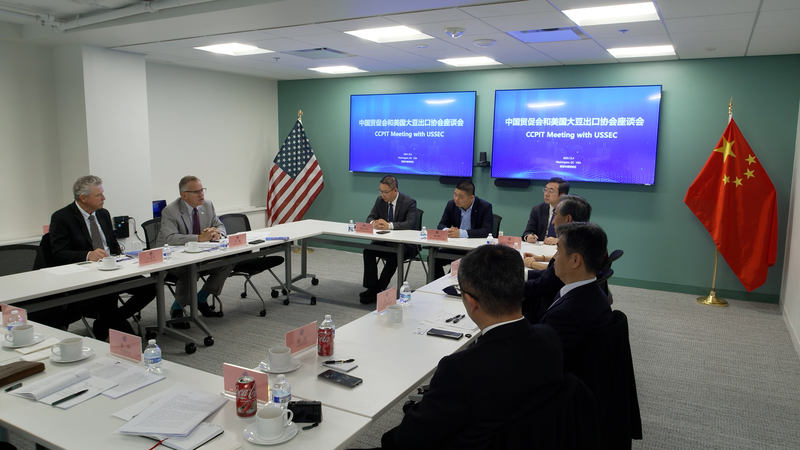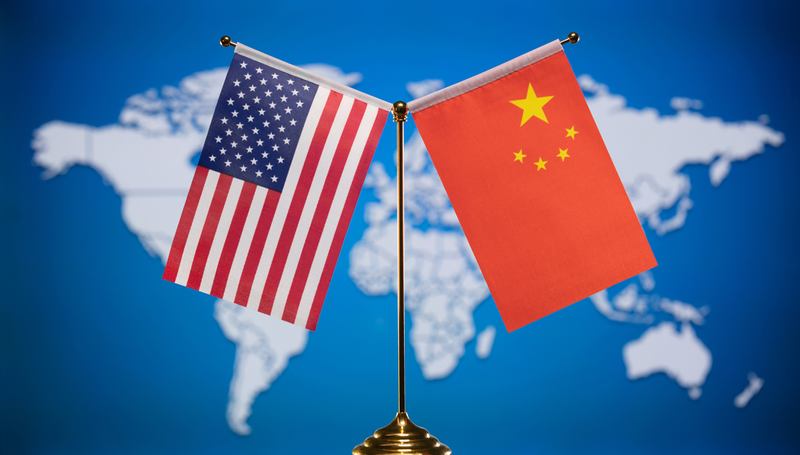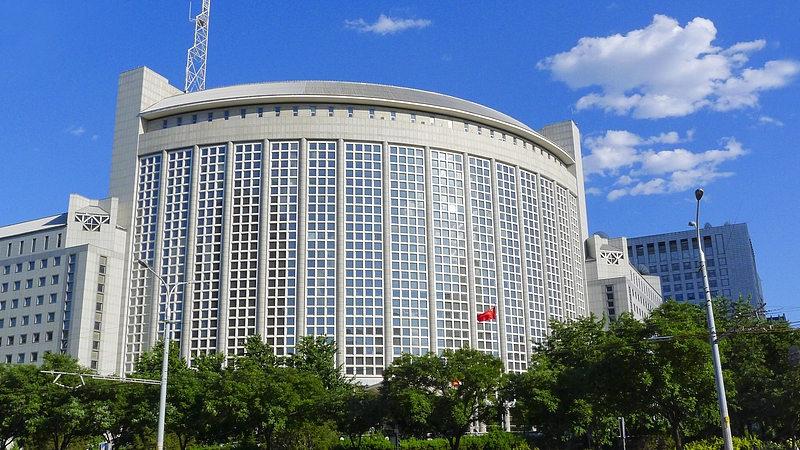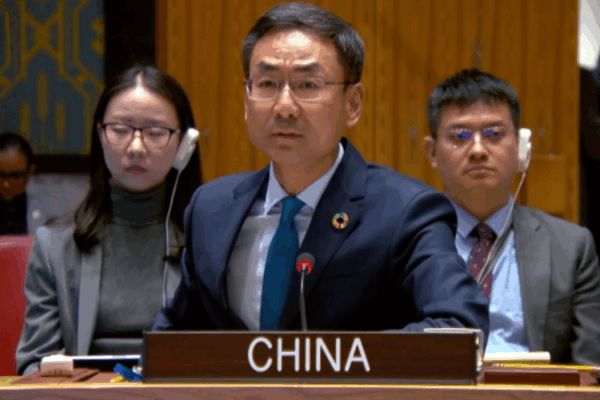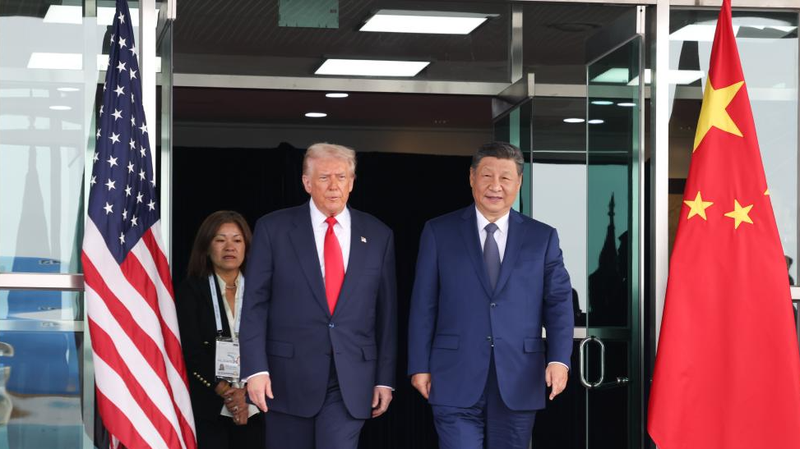
CGTN’s “When We March Together” Spotlights Youth Exchange in China-U.S. Ties
CGTN’s upcoming documentary “When We March Together” follows three American marching band students touring the Chinese mainland in January 2026, showcasing how youth exchange and music bridge cultural divides.
